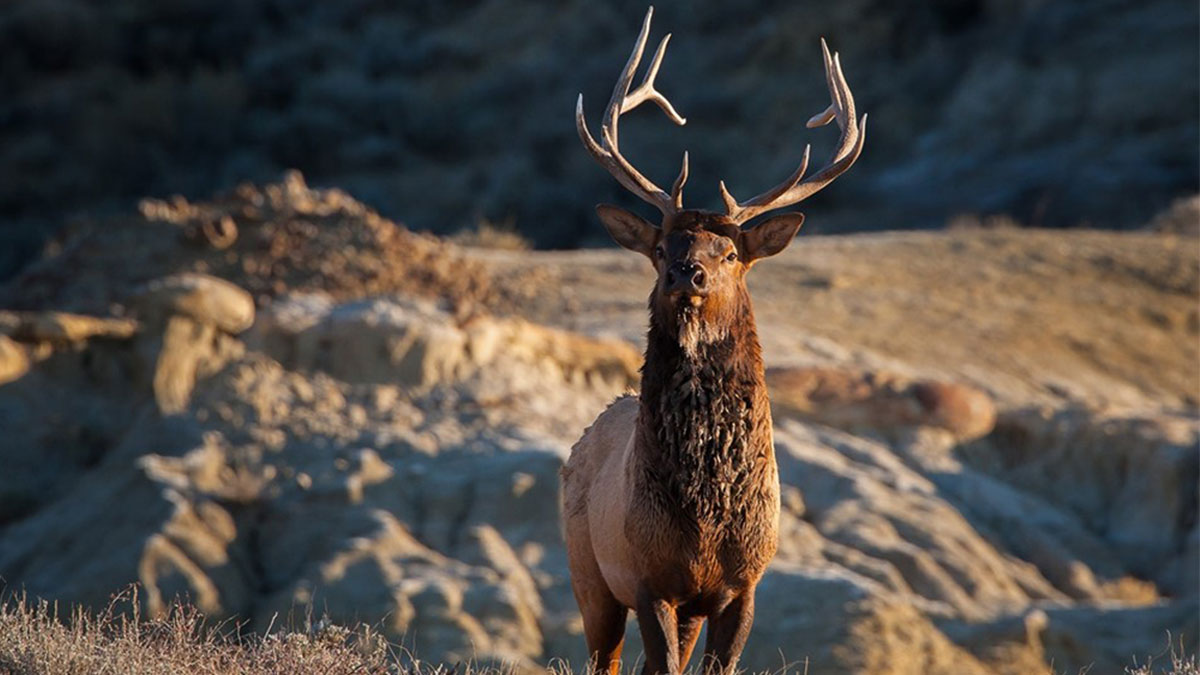The Idaho Fish and Game Commission is looking at ways to manage the number and distribution of nonresident big game hunters in response to concerns about hunter crowding and congestion in some popular hunting areas.
Fish and Game commissioners and staff heard from resident hunters while updating the department’s deer management plans, and there were consistent and repeated complaints about hunter crowding.
While commissioners can currently regulate the number of nonresident hunters in big game controlled hunts, and in elk zones with limited numbers of tags, they cannot manage the distribution of nonresident hunters participating in general hunts.
To address resident hunters’ concerns, the commission recently adopted a proposed rule to allow the commission the ability to limit nonresident tags in any elk zone, or big game hunting unit for deer tags, to a number not less than 10 percent of the previous five-year average of all hunters in a unit or zone. The proposed rule must be approved by the 2020 Legislature before it could take effect.
Commissioners also do not want to reduce services currently provided to sportsmen and women. To offset potential future revenue losses from selling fewer nonresident licenses and tags due to managing nonresident participation in certain areas, the department has proposed legislation to the Idaho Governor’s Office that would increase nonresident fees for the first time since 2009.
Based on fiscal year 2019 license sales, nonresidents contributed 57 percent of all of Fish and Game’s license and tag revenue, so reductions in nonresident sales could reduce revenue available for fish and wildlife management.
The proposed nonresident fee increase includes a general, 10 percent hike for most nonresident fees, with larger increases for big game tags and related items, such as archery and muzzleloader permits. It would also adjust reduced-price licenses, such as those for mentored juniors, to a 50 percent discount in relation to the applicable adult item.
Prices for nonresident wolf tags and Disabled American Veteran tags would not change, and there is no proposed change for resident fees, which increased in 2017.
The effective date of the proposed nonresident fee increase is scheduled for the 2021 licensing year, which would coincide with the Commission’s intent to limit nonresident participation in general big game hunts.
(Photo source: Idaho Department of Fish and Game)
